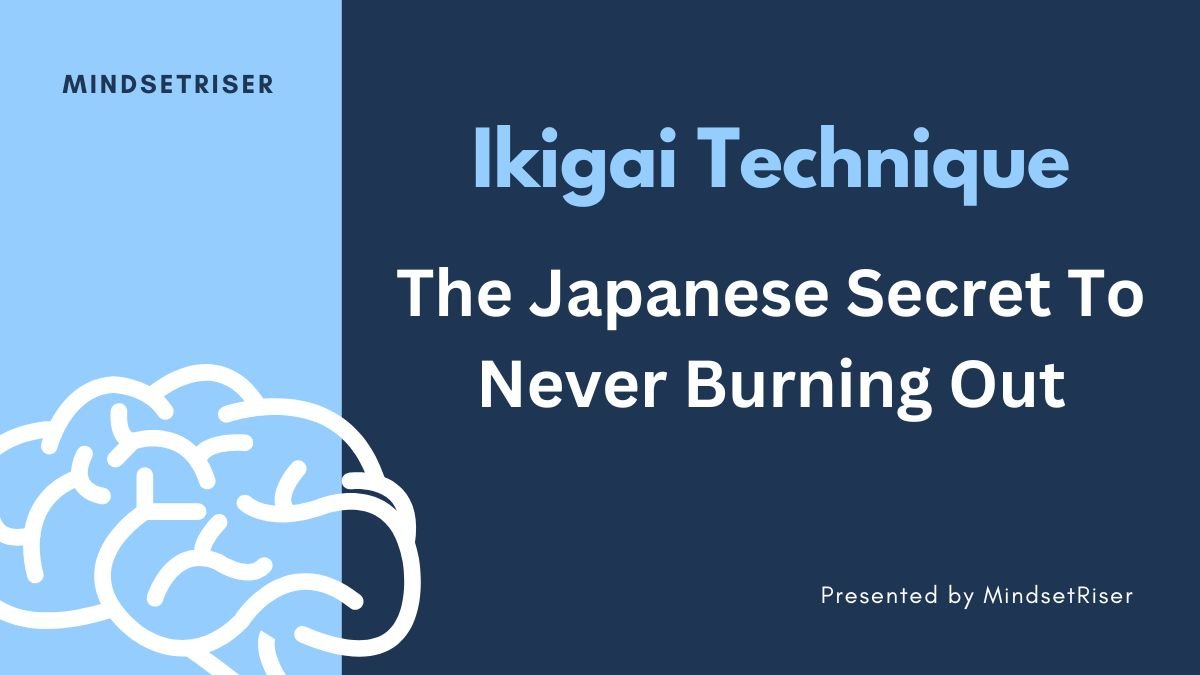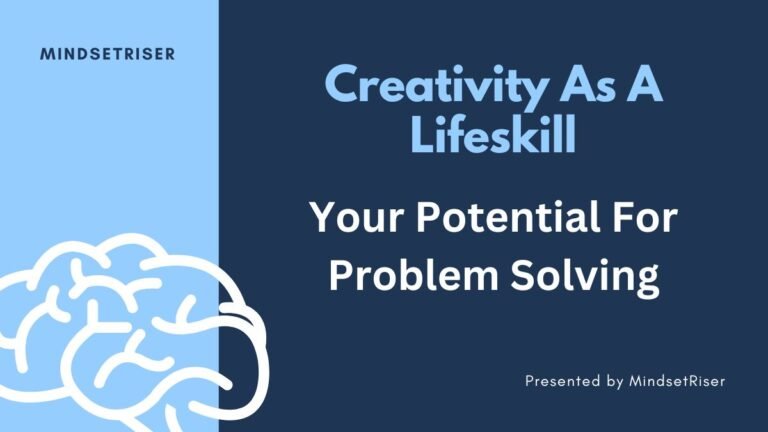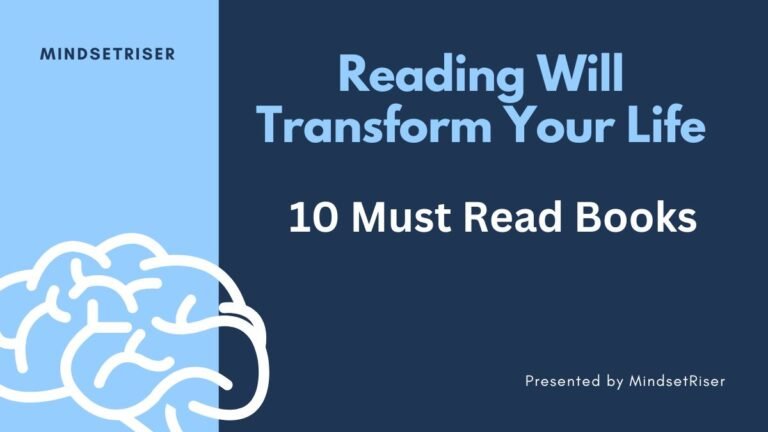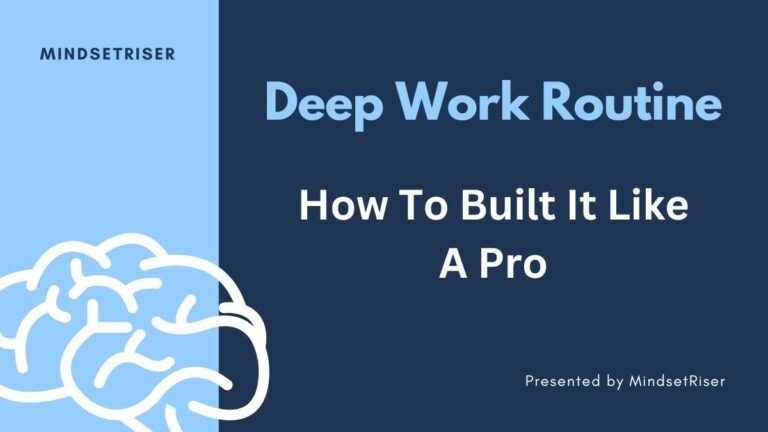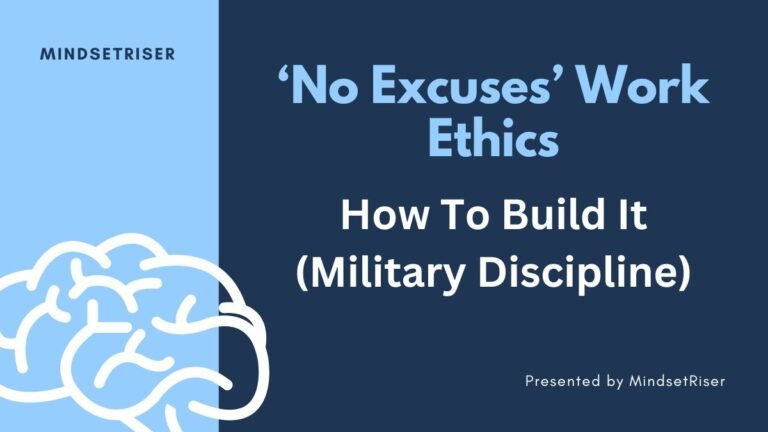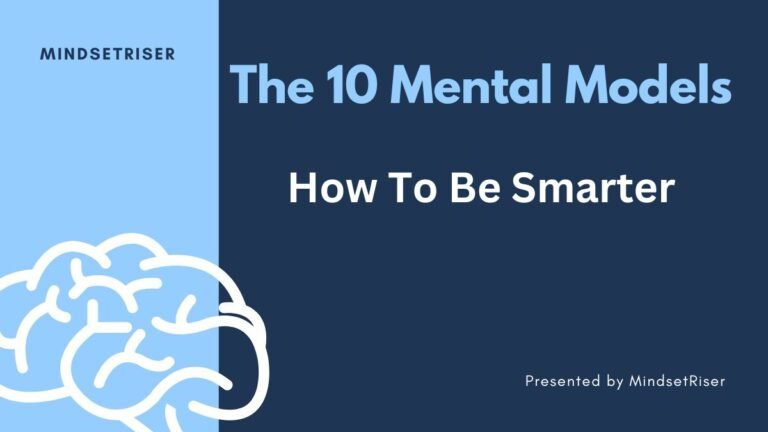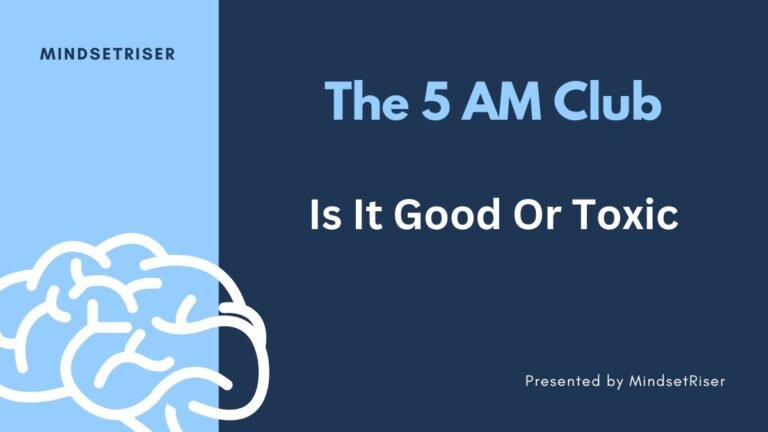The Japanese Secret to Never Burning Out (Ikigai Explained)
Introduction: Why Some People Never Burn Out In Okinawa, Japan—home to the world’s longest-living people—locals don’t have a word for “retirement.” Instead, they live by Ikigai (生き甲斐), which translates to “a reason for being.” Science shows that people with strong Ikigai:✅ Live 7 years longer (Tohoku University study)✅ Have 50% lower stress levels✅ Stay motivated without willpower Here’s how to find yours—and design…
Introduction: Why Some People Never Burn Out
In Okinawa, Japan—home to the world’s longest-living people—locals don’t have a word for “retirement.” Instead, they live by Ikigai (生き甲斐), which translates to “a reason for being.”
Science shows that people with strong Ikigai:
✅ Live 7 years longer (Tohoku University study)
✅ Have 50% lower stress levels
✅ Stay motivated without willpower
Here’s how to find yours—and design a life where work doesn’t feel like work.
1. The Ikigai Venn Diagram (4 Key Elements)
True fulfillment comes from the intersection of:
| Element | Question to Ask | Example |
|---|---|---|
| What You Love | “What excites me before bed?” | Writing, teaching |
| What You’re Good At | “What do people thank me for?” | Problem-solving |
| What the World Needs | “What problems do I want to solve?” | Sustainability |
| What You Can Be Paid For | “What skills are marketable?” | Consulting |
Your Ikigai = Where all 4 overlap
2. How to Find Your Ikigai (Step-by-Step)
Step 1: The “Morning Test”
- Track what makes you jump out of bed (vs. hitting snooze) for a week
Step 2: The “Flow List”
- Note activities where time disappears (flow state = clue to Ikigai)
Step 3: The “Legacy Question”
- Ask: “What do I want to be remembered for?”
Example:
- Love: Coaching others
- Good At: Public speaking
- World Needs: Leadership training
- Paid For: Corporate workshops
→ Ikigai: “Empowering leaders through workshops”
3. The Anti-Burnout Rituals (From Japan)
A. Kaizen (1% Daily Improvement)
- Tiny progress > big leaps → prevents overwhelm
B. Hara Hachi Bu (Eat Until 80% Full)
- Energy stability = sustained productivity
C. Shinrin-Yoku (Forest Bathing)
- 20min in nature resets stress hormones
D. Moai (Lifelong Friend Groups)
- Social bonds reduce burnout risk by 70%
4. The Warning Signs You’ve Lost Your Ikigai
⚠️ Dreading Sundays
⚠️ Feeling “busy but empty”
⚠️ Chronic fatigue (even after rest)
Fix: Revisit your Venn diagram + cut obligations that drain you
5. Ikigai for Careers (Without Quitting Your Job)
You don’t need to be a monk or entrepreneur—align your current role:
- Teacher → Mentor colleagues
- Engineer → Solve problems for nonprofits
- Parent → Raise mindful kids (world’s most important job)
Case Study: A Toyota janitor’s Ikigai wasn’t cleaning—it was “creating a safe space for innovation.”
Conclusion: Your Reason to Wake Up Tomorrow
Ikigai isn’t about passion—it’s about purposeful small steps.
Starter Challenge:
- Write one thing you love + one skill you have
- Find one way to combine them this week
That’s your first Ikigai experiment.

